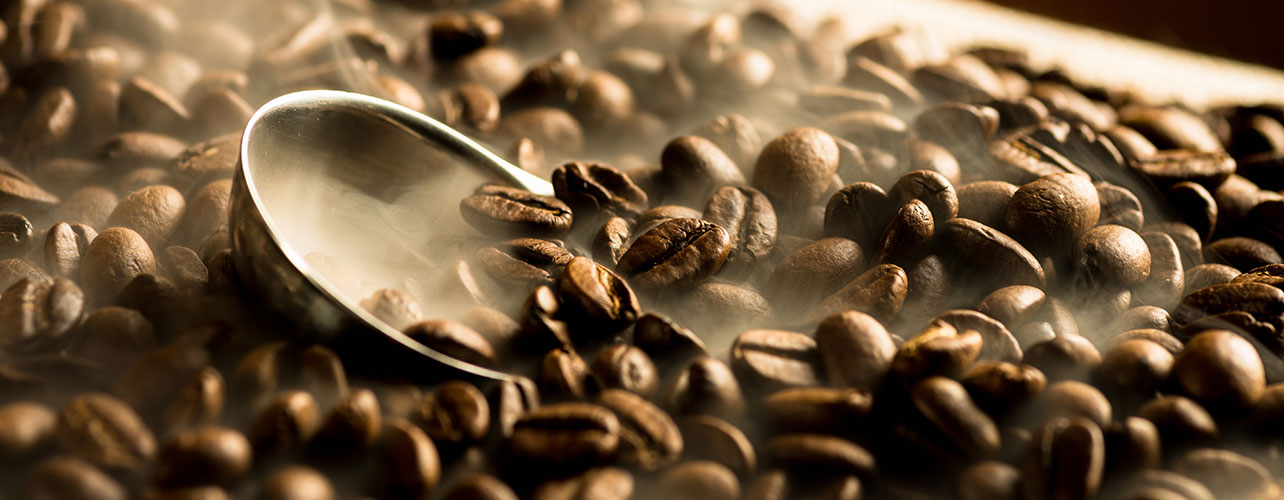The Harvest
In the main part of the areas in which the Arabicas grow, ripe berries must have been picked by hand, put down in baskets and, depending on their weight, the picker’s salary varies at the end of the day.
The ripe berries fall down on the soil, after that they are racked, deprived of scorias and picked up.
Recently mechanical harvest systems have been developing, in specific and favourable conditions only: the plantations must be level and plants far from each other in order to allow machineries passage.
The Market
Coffee trade is economically important for its huge consumption worldwide. It is one of the main products in world trade and its investments are second to the petroleum industry only. Its cultivation, production, trade, transportation and marketing hire million of people all over the world.
Coffee represents an important resource for a lot of developing and not developed countries.
Its quotations are daily estimated by New York Stock Exchange (Coffee, Sugar&Cocoa Exchange) for the Arabicas and London Exchange (LIFEE) for the Robustas.
Coffee quotations depends on different complex and extremely variable factors. Temperatures in production areas, rainwater abundance and scarcity, spread of parasitic diseases, production problems, geopolitical conditions, economic speculations and much more condition its negotiation worth.
Historical Signs
In the first part of 1700s, Brazil started to produce coffee. It cheated some plants and a seeds handful of Guiana, to where he was sent to suppress an insurrection.
In 1756, the first ships unloaded the Brazilian coffee in Portogallo, giving life to the great tradition of the old continent export.
The production process was mainly left to slavers at the service of the Spanish and Portoguese till 1888, when Brazil abolished slavery.
Neverthless, man power is today is essential for the production of coffee.





